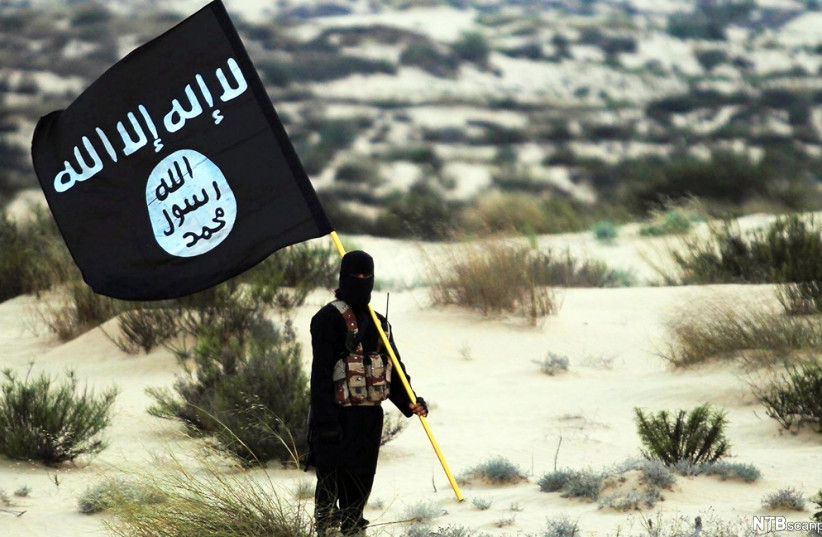The multinational task force working on dismantling the Islamic State (IS) group announced on Monday that IS attacks have declined as US forces transition away from combat and into an advisory role meant to ensure IS’s defeat.
For more stories from The Media Line go to themedialine.org
Deputy Assistant Secretary of Defense Dana Stroul and Maj. Gen. Matthew W. McFarlane held a special digital briefing on the current status of the Combined Joint Task Force–Operation Inherent Resolve (CJTF–OIR) and its nine-year anti-ISIS mission in Iraq and Syria at a press conference hosted by the US State Department’s Dubai Regional Media Hub.
There are 28 official member countries of the CJTF–OIR, with 85 total countries contributing to the efforts.
The task force launched 2014
The US Defense Department launched the task force in October 2014 to battle the newly formed IS group. At its height, IS held territory from Raqaa, Syria to Diyala, Iraq—a swath of land that had 7.7 million inhabitants.
Nine years later, the State Department has reported that the US military is no longer leading patrols in Iraq and Syria and has pulled back from direct contact missions.

“In Iraq, we have transitioned our military role to an advice, assist, and enable, where Iraqi Security Forces are in the lead every single day and US forces remain present in Iraq at the invitation of the government of Iraq,” Stroul told reporters.
The transition, according to them, has gone well.
So far in 2023, the CJTF–OIR recorded a significant reduction of what Gen. McFarlane called “opportunistic engagements” when compared to 2022, with a 68% decline in attacks in Iraq and a 55% reduction in Syria. Moreover, Gen. McFarlane called this year’s Ramadan “one of the most peaceful in years,” attributing this achievement “to the combined efforts of our partners.”
Iraq saw an 80% decrease in attacks during Ramadan compared to last year and an 87% reduction from 2020. Syria had a 37% decline from 2022 and a 70% drop from 2020.
“ISIS has failed to organize or coordinate anything more than that over the past year,” Gen. McFarlane told reporters.
Decline in violence
Even with the decline in violence year over year, American officials and experts fear that IS, which the general called “a brand,” could rise from the ruins of its short-lived caliphate. In particular, they fear the spread of IS’s extremist ideology.
“How salient is the ISIS brand now? There isn’t a caliphate to turn to and there aren’t as many adherents,” Dr. Daniel Rothenberg, co-director of the Center on the Future of War at Arizona State University, told The Media Line. “Conditions are different, but it is still volatile.”
Among the sources of volatility is the security issue caused by the 15,000 displaced and detained people in CJTF–OIR’s area of operation. The US government has said that this issue needs to be addressed.
Rehabilitating IS members and repatriating displaced persons remains high on the State Department’s list of priorities. Currently, there are 10,000 detained IS members and 5,000 displaced persons living in the al-Hawl and al-Roj camps in Syria.
Gen. McFarlane described the issue of repatriation as a strategic problem “that requires an international solution.” So far in 2023, 1,300 al-Hawl residents have already been repatriated.
Rothenberg stressed the importance of dealing with detainees and displaced persons as a national security measure.
“The roots of ISIS came from the US detention facilities. You can think of al-Hawl like that,” Rothenberg said.
American officials, while optimistic about the long-term effects of their current results, agree that ridding the world of IS will be difficult. Still, after 20 years of continued fighting in Iraq, Gen. McFarlane said he is “laser-focused” on the mission of eradicating IS.
